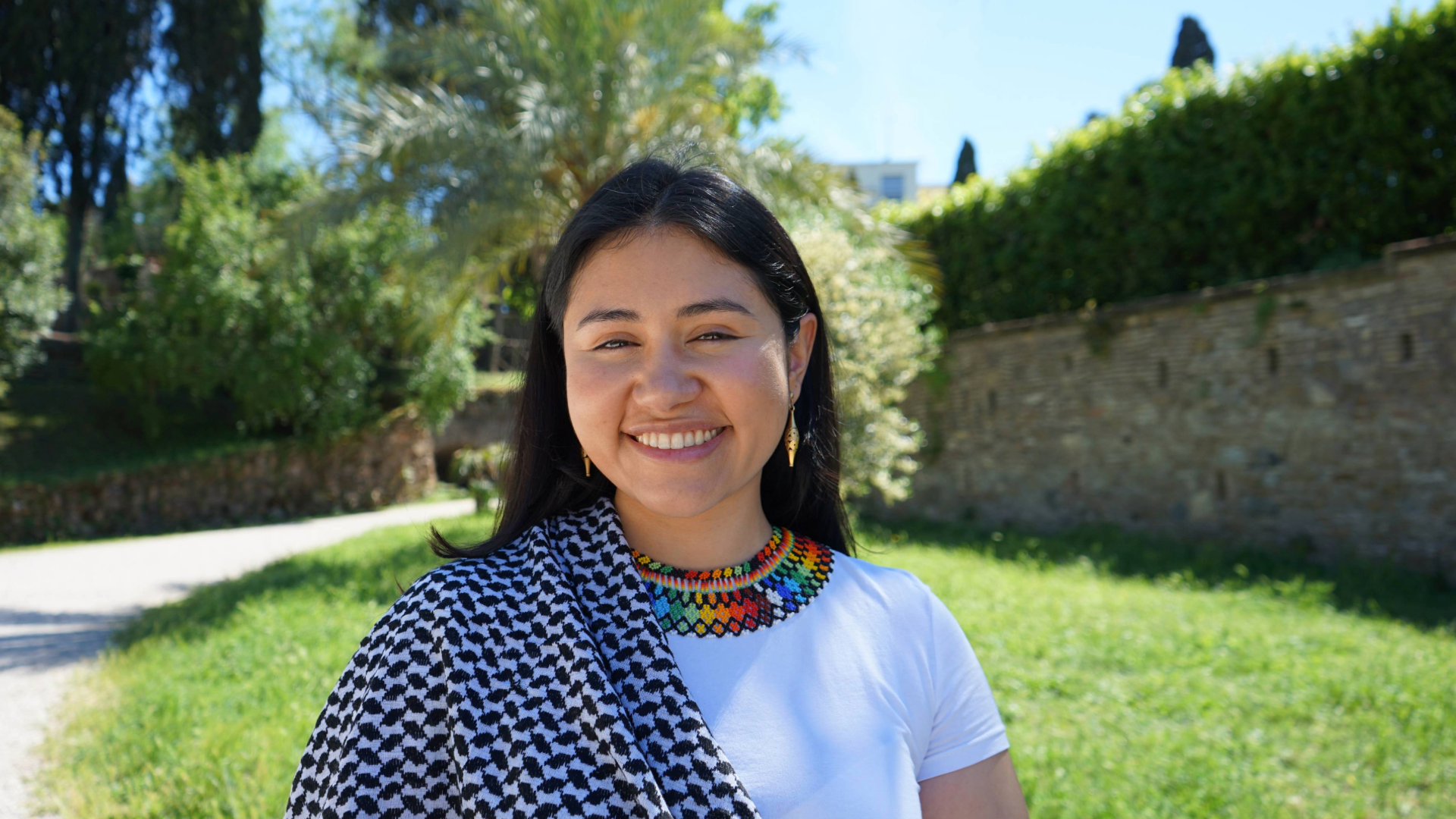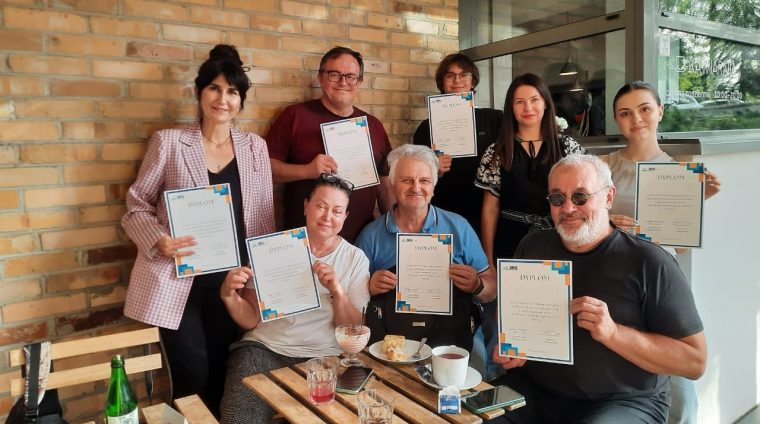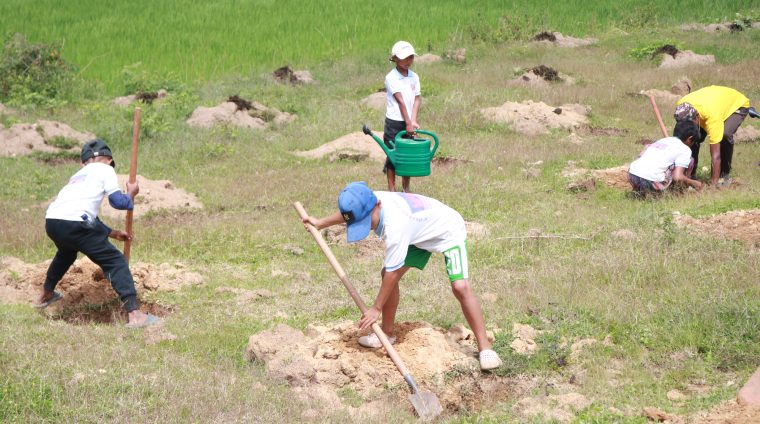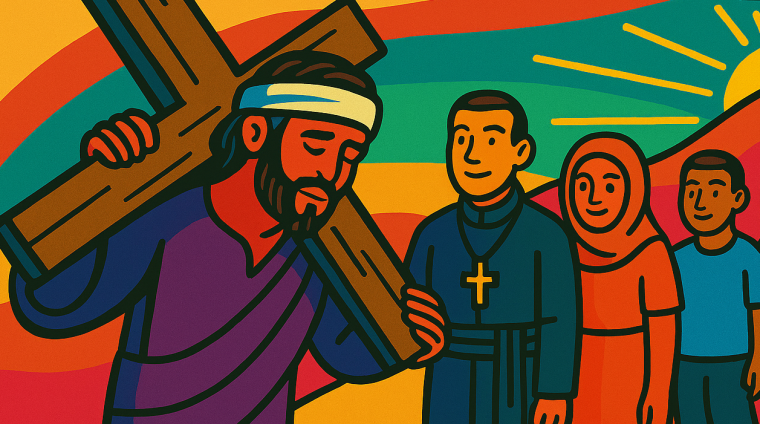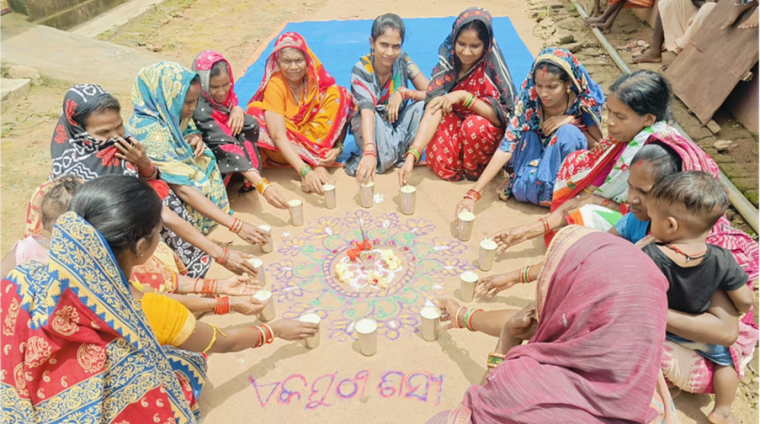The Many Pieces Found in Creation
Peace is often described as an ultimate goal. Yet, in our current geopolitical climate, it is often reduced to a buzzword—an elusive dream that obscures its complexity.
As we witness live-streamed genocides, ecocides, relentless political and economic turmoil, rampant moral cleansing1, and polarising media narratives targeting the most vulnerable among us, reflecting on peace becomes a difficult task. To speak of peace without acknowledging these realities risks sounding performative or superficial.
This year’s Season of Creation theme arrives at a crucial moment, urging us to engage and reflect deeply on the contradictions that surround us daily —the many pieces of peace.
The elders often describe this reflective practice as “mambear”. Across the Abya Yala2, Indigenous, farming, and rural communities base their lives around this communal practice—gathering in sacred spaces to share wisdom, deliberate on decisions, and reflect on their relationships with all of creation.
From this practice, I have learned that ‘peace,’ like creation, is composed of contradictions and requires deep personal reflection. Achieving peace with creation is not an abstract quest—it is a call to reconcile with conflicting parts within ourselves.
Only by confronting our own fears, prejudices, indifference, and privilege can we meaningfully engage in the outward work of restoration, justice, and reconciliation. Are we truly learning from creation how to live out multiple truths in authentic peace?
Mother Earth sustains creation daily, yet she also manifests catastrophic disasters—vivid signs of her suffering. Are we truly listening and witnessing the fragments of her peace? For it is much easier to look away from the suffering of creation than to bear witness to the consequences of man-made actions.
As Pope Fracis states in Fratelli Tutti, “Some parts of our human family, it appears, can be readily sacrificed for the sake of others considered worthy of a carefree existence”.
These words resonate deeply, and call us to move beyond passive observations by acting with conviction. My hope is that we may collectively find the strength to make peace with our nature and in doing so, defend all pieces of creation.
Daniela Alba is originally from Bogota, Colombia (mhuysqa territory) and currently works in Rome as the advocacy coordinator at the Social Justice and Ecology Secretariat (SJES) of the Society of Jesus. She is dedicated to advocacy on gender-based violence and cross-cultural issues, focusing on those with lived experience of forced displacement — intersections she explores in her TEDx Talk. In her free time, Daniela enjoys learning new skills, singing, and baking.
- Moral cleansing describes forms of behaviour aimed at restoring moral self-worth in response to past transgressions. People are motivated to maintain a moral self-image and to eliminate apparent gaps between their perceived self-image and their desired moral self. See https://www.sciencedirect.com/science/article/abs/pii/S2352250X15002596. ↩︎
- Abya Yala refers to the land mass which came to be known to European settlers and others as ‘the Americas’ ↩︎

